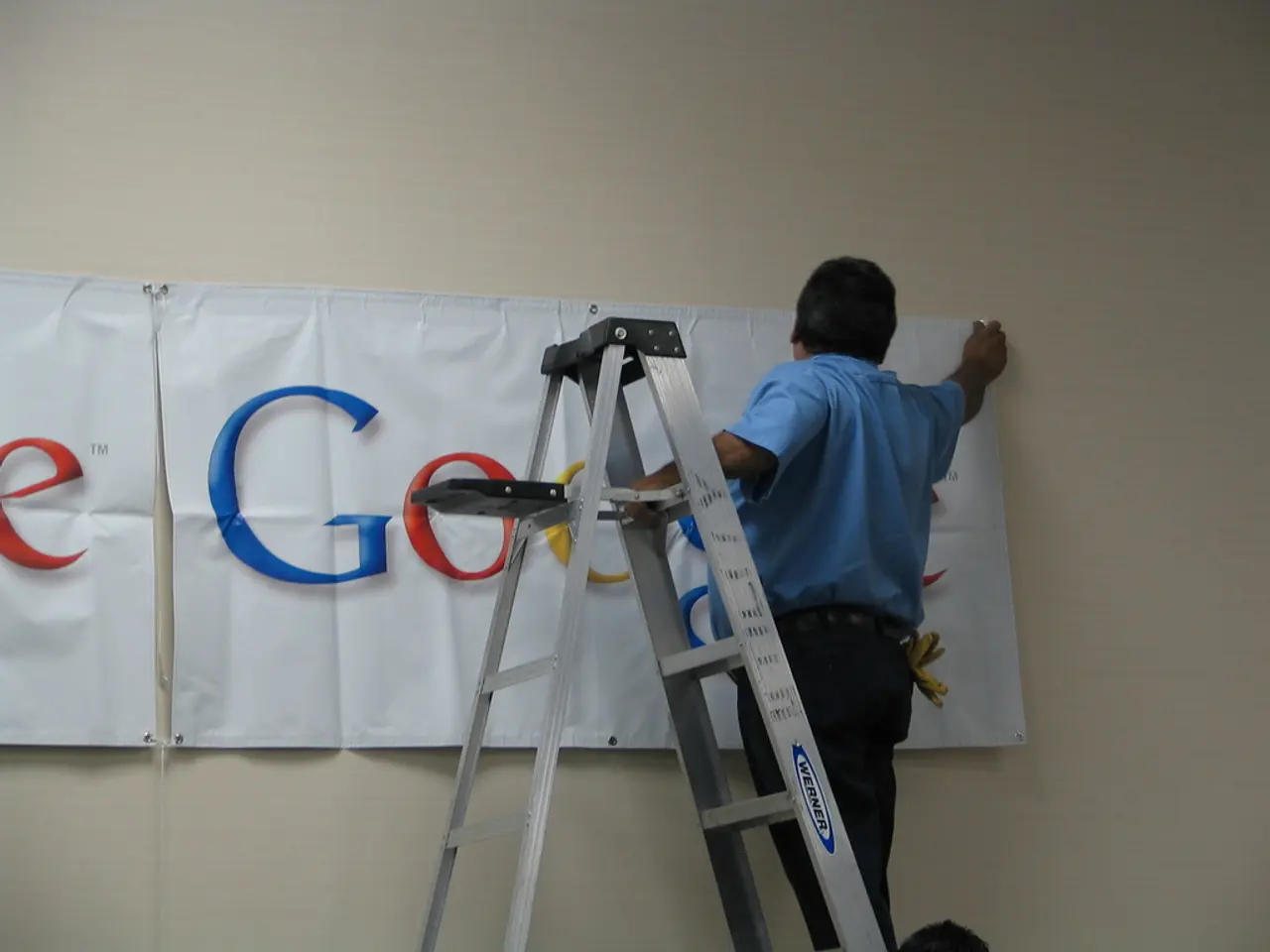Google Unveils GCUL - a Novel Blockchain Designed Specifically for Banking and Financial Sectors
Google has made its most direct entry into blockchain infrastructure for financial services with the introduction of Google Cloud Universal Ledger (GCUL), a Layer 1 network designed with a focus on compliance. This move could appeal to traditional banks that have been cautious about blockchain adoption.
The new network, GCUL, is set to launch commercially in 2026, giving Google ample time to refine the technology and build partnerships with additional financial institutions beyond CME Group, one of the world's largest derivatives exchanges. CME completed the first phase of integration and testing in March 2025, providing concrete evidence of GCUL's development.
GCUL operates as a private and permissioned network, only approved institutions can access it. The platform targets several key use cases for financial institutions, including cross-border payments and settlements, asset tokenization, collateral and margin management, and wholesale payment processing.
The success of GCUL will likely depend on whether financial institutions trust Google to maintain neutral operations and competitive pricing compared to existing blockchain solutions. Google's blockchain infrastructure runs on Python, a language widely used in finance, data analysis, and machine learning, potentially speeding up adoption among traditional financial institutions.
However, whether GCUL will eventually become more open or remain a closed system remains uncertain. Google has indicated it might expand access "as regulations evolve."
Meanwhile, other players in the blockchain infrastructure market are also making strides. Stripe is developing Tempo, an Ethereum-compatible blockchain focused on merchant payments, while Circle is creating Arc, which centers around its USDC stablecoin. Each platform takes a different approach, with GCUL aiming to be a neutral infrastructure that any institution can use.
The blockchain infrastructure market continues to grow, with Google's entry adding another major player to a space that includes established networks like Ethereum and newer institutional-focused platforms. Google's existing relationships with cloud infrastructure customers could provide a distribution advantage due to serving billions of users and hundreds of institutional partners through its cloud platform.
As development progresses toward commercial deployment, Google plans to release more technical details. The platform offers features such as single API access, built-in compliance tools, 24/7 capital markets infrastructure, support for commercial bank money on-chain, and a stable billing model.
Google has won financial institutions such as Finleap, Rocket Internet, and Holtzbrinck Ventures as partners or investors in the context of GCUL's marketing and application in banking and fintech. Support also comes from accelerators like FinTech Hub Stuttgart and Startupbootcamp FinTech.
The success of GCUL will depend on demonstrating real cost savings and efficiency improvements compared to current payment systems. As the world continues to embrace digital transformation, the race for dominance in blockchain infrastructure is heating up, and Google's entry is a significant development to watch.
Read also:
- visionary women of WearCheck spearheading technological advancements and catalyzing transformations
- A continuous command instructing an entity to halts all actions, repeated numerous times.
- Oxidative Stress in Sperm Abnormalities: Impact of Reactive Oxygen Species (ROS) on Sperm Harm
- Genetically manipulated rabbits sprout ominous black horns on their heads








